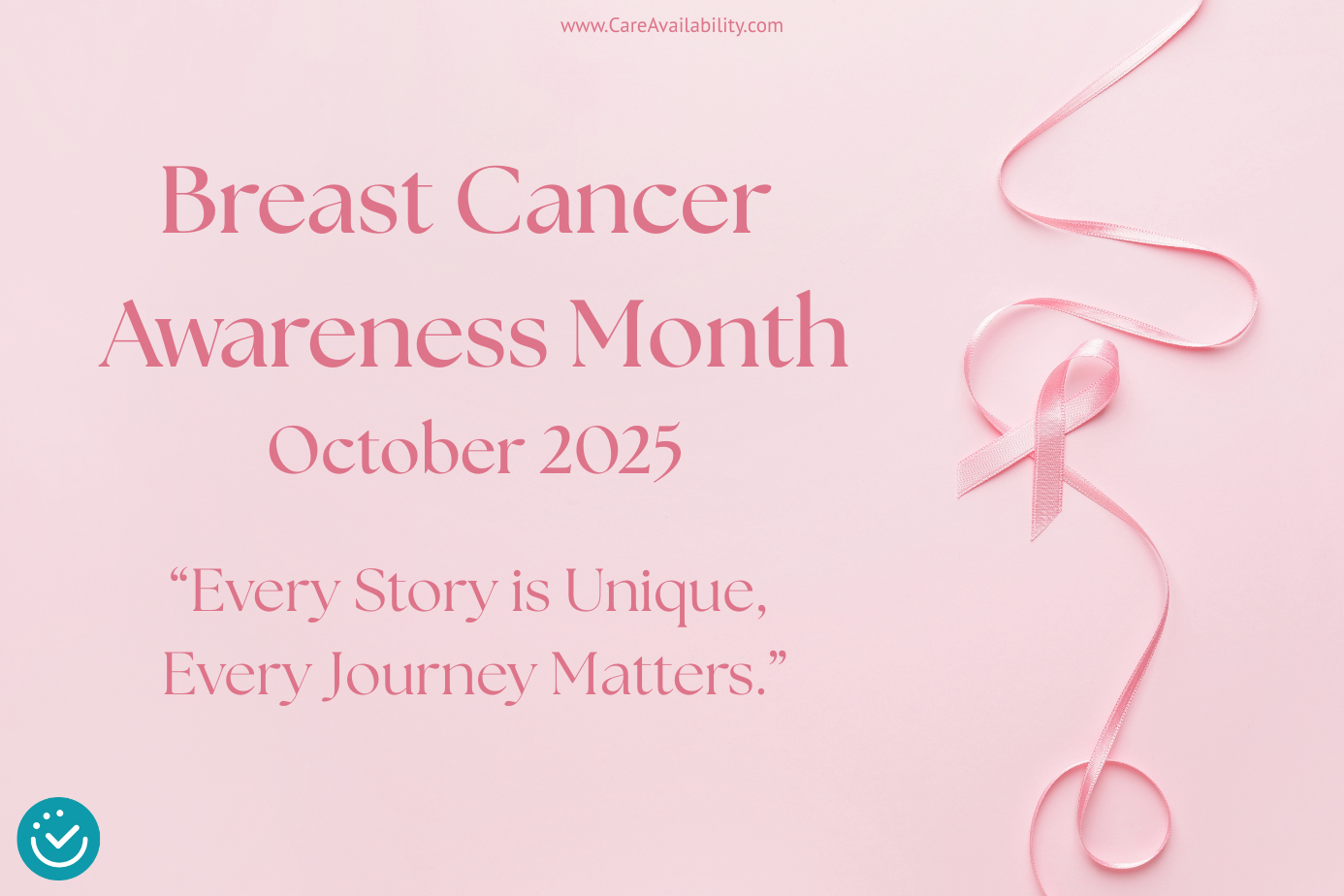The Role of Case Managers in Senior Care
Every October, we celebrate National Case Management Week—a time to honor the professionals who guide patients and families through some of life’s most challenging transitions. This year, Case Management Week is from October 12th-18th, 2025. Case managers play a vital role in ensuring that seniors receive the right care, at the right time, in the right setting. Their compassion, coordination, and expertise are the foundation of person-centered healthcare.
What Is Case Management?
Case management is a collaborative process that assesses, plans, coordinates, and monitors services to meet a person’s health and social needs. In senior care, this means helping older adults navigate complex healthcare systems, transitions between care settings, and decisions about long-term support. Case managers often come from nursing, social work, or rehabilitation backgrounds, and they act as advocates—ensuring each individual’s preferences, safety, and quality of life are prioritized.
The Role of Case Managers in Senior Care
Case managers are the bridge between the healthcare system, providers, and families. Their responsibilities include:
- Coordinating transitions of care — Whether moving from hospital to home, rehabilitation, or assisted living, case managers ensure a safe and smooth transition.
- Developing personalized care plans — They assess medical, emotional, and social needs to create individualized plans that align with patient goals.
- Navigating insurance and benefits — Case managers help families understand coverage through Medicare, Medicaid, or private insurance and connect them to community resources.
- Advocating for patients — They ensure seniors’ voices are heard and that care decisions are made collaboratively.
- Supporting caregivers — Family members often rely on case managers for education, emotional support, and guidance in managing care at home.
Why Case Managers Matter
For many older adults, managing multiple health conditions and services can feel overwhelming. Case managers bring clarity and organization to what can otherwise be a fragmented process. Their involvement has been shown to improve outcomes—reducing hospital readmissions, improving medication adherence, and enhancing overall patient satisfaction. In essence, case managers ensure that care is not just delivered, but coordinated, comprehensive, and compassionate.
Celebrating Case Management Week
During National Case Management Week, hospitals, senior living communities, and home health agencies across the country recognize their case management teams for their dedication and leadership. It’s a time to express gratitude for those who advocate tirelessly for patients and families every day. If you know a case manager, take a moment this week to thank them for their commitment to improving lives and supporting the aging population.
At CareAvailability.com, we share that same mission—to simplify access to senior care and empower families with transparent, trustworthy information. Case managers are our partners in that effort, ensuring every individual finds the care they need with dignity and respect. That’s why our team has coordinated with local providers to deliver a small “Thank You” to Case Managers at hospitals from Everett, WA to Medford, OR to show our appreciation.

